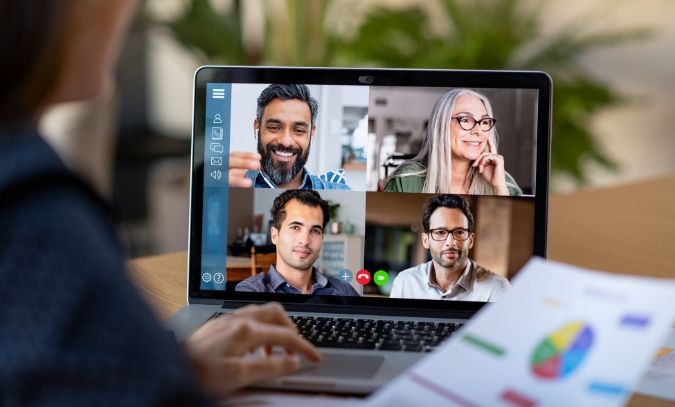Cultivating a Growth Mindset in Educational OrganizationsNeuroscience of learning, strategies for increasing student engagement.
Erasmus+ course summary
By helping students to develop a growth mindset, teachers make teaching - and learning - more effective. Cultivating a growth mindset is an effective strategy also for students with a fear of failure. Students with a growth mindset seek better feedback, persist for longer, cope better with transitions and develop better self-regulation. They believe they can improve their intelligence and talent. On the other hand, students with a fixed mindset believe that intelligence and talent are innate and cannot be considerably increased. Consequently, they avoid challenges, perceive hard work as a lack of talent, and see the success of others as a threat. The course Cultivating a Growth Mindset in Educational Organizations helps educators design learning tasks, assessments, and communication with students in a way to develop a growth mindset of students. The learning material is available in: English, Basque, German, Italian, Romanian, Slovenian, Spanish, Turkish. "Nothing is impossible. The word itself says I'M POSSIBLE!" – Audrey Hepburn
Session dates
Open for registration.
With gratitude to the Erasmus+ KA2 project MindSetGo 2.0, 2020-1-SE01-KA201-078005.
Disclaimer: The European Commission's support for the production of this publication does not constitute an endorsement of the contents, which reflect the views only of the authors, and the Commission cannot be held responsible for any use which may be made of the information contained therein. |
FeaturesRelated |
Include the growth mindset into learning tasks, assessment and communication.
A growth mindset means that students believe their intelligence and talents can be developed over time.
Course Content
PROGRAMME DAY-BY-DAY
Training usually takes place between 9:00 am and 14:00 pm, followed by after-class activities, that are optional.
DAY 1 We start off with an introductory meeting, an explanation of practical arrangements and a presentation of the participants and timetable. The participants are encouraged to express their expectations, needs and wishes regarding the content of the programme and learning methods. * We continue with the foundation of the growth mindset and presentation of Carol Dweck’s work and reflection upon participants’ mindset. The nature of the brain and intelligence. Mindset and motivation: setting challenges, dealing with setbacks, interpreting failures, facing criticism, and effort. Recognising fixed and growth mindset in a classroom. DAY 2 Introduction to the growth mindset language. Labelling and process-oriented feedback. Communicating high expectations. Positive self-talk. Brain growth conversation. DAY 3 Designing learning tasks with growth mindset principles: mistakes, deliberate practice, challenges, desirable difficulty, choice, learning goals, step-by-step, multiple exposures. Half-day excursion. DAY 4 The role of the teacher in promoting different learning strategies. Assessment and growth mindset: autonomy, competence, relatedness. Coaching and fostering reflection in learning. DAY 5 Growth mindset – a hands-on workshop for students. Re-inventing the school culture with growth mindset principles. Integration of knowledge on growth mindset. DAY 6 Evaluation and farewell. Documentation and certificates of attendance. * Some changes in the programme are possible - the content of the course is always adapted to the participants previous knowledge, expectations and requirements. The participants receive the Informational Booklet a few weeks prior to the start of the course. |
ERASMUS+ COURSES BY PRIMERA
Build upon school capacity by promoting a growth mindset culture.
INTERNATIONAL ERASMUS+ LEARNING WITH PRIMERA
Become a member of Primera's international learning community.
Your network is a family you choose. |






